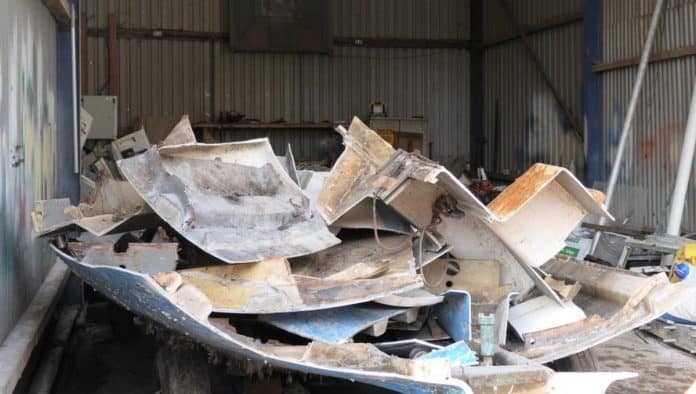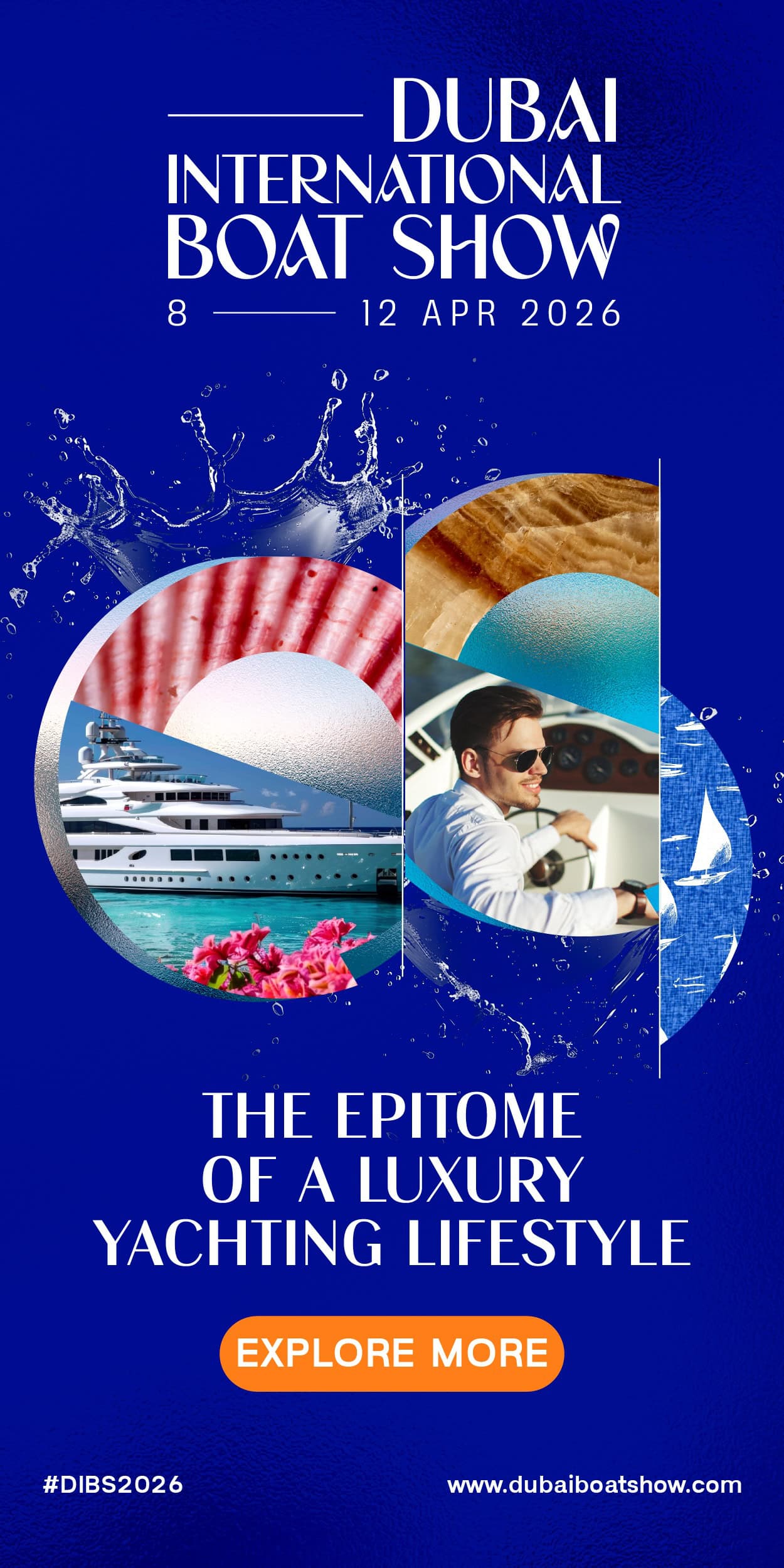A project to recycle more abandoned vessels is to be expanded following on from a successful pilot project in the South Hams District of the UK.
The pilot, which took place at Dartmouth’s Creekside Boatyard and industry partners, had support from the RYA and its environmental programme The Green Blue.
It demonstrated that a piece-by-piece disassembly, recovery, and recycling approach to dealing with end-of-life boats is both achievable and time efficient.
Component parts ranged from stainless steel rigging, deck hardware and bronze winches to the boat’s engine and electronics with an estimated value of £4,315.
Almost 1,500kg of GRP composite was also recovered from the Westerly GK29 yacht.
The project report states that whilst there is currently no commercial recycling solution in the UK for the composite used in boat hulls, the project team was able to recover and clean contaminated GRP fibres for the first time from a small section of the boat using a process known as DEECOM.
As a result of this pilot, we have gained a better understanding of the process practicalities for effective disassembly and recycling.
Creekside MD, Chris Craven
Going forward, the researchers hope that these fibres can be re-used to create an upcycled product.
“This project has successfully demonstrated that there is a solution to end-of-life vessels, and that we have options for all kinds of composite waste, and its potential for upcycling,” said James Scott-Anderson from marine environmental organisation Blue Parameters.
“It has been a combination of expertise, resources and companies from different sectors- and using new technology, which has made this project successful.”
He added: “We have an alternative to landfill for composite waste which will not only benefit the marine sector, but wider ambitions to tackle climate change.
“It is also essential that we move forward and look at how the knowledge gained from this project can be used in the future, and at a larger scale.”
Better understanding
And Creekside MD, Chris Craven, explained: “As much as we could we tried to save boat parts for cleaning a resale.
“At the end everything was weighed, categorised, and accounted for in type and quantity so realistic figures could be generated.
“As a result of this pilot, we have gained a better understanding of the process practicalities for effective disassembly and recycling.”
Work will now continue as the organisations involved explore future opportunities with partners and local waste management specialists to address the issue on a larger scale.
The report estimates that some local authorities have spent more than £1.5 million in dealing with the issue of abandoned boats.
The Green Blue and the RYA have set up an EOL Vessel register for the UK where anyone can go online and report a vessel and its location.




